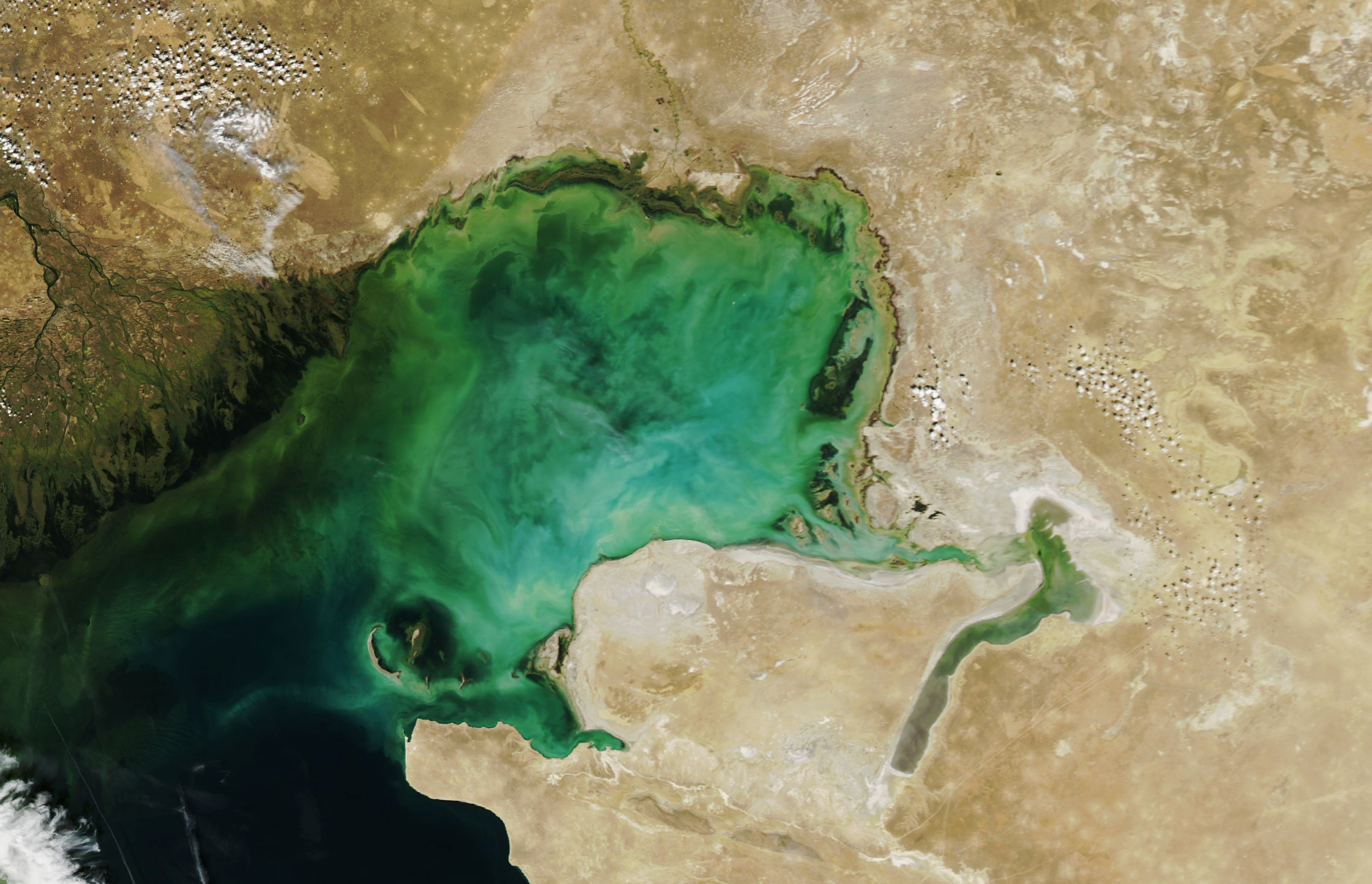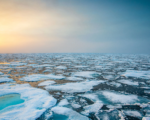The Caspian Sea Faces an Uncertain Future Amid Rapid Decline

The Caspian Sea, the world’s largest inland body of water, is rapidly shrinking, causing alarm among environmentalists and local communities who depend on it. Eco-activists like Azamat Sarsenbayev from Kazakhstan and photographer Khashayar Javanmardi from Iran share their deep concerns as they witness the dramatic changes affecting their lifeblood.
A Troubling Decline
Once brimming with life and beauty, the Caspian Sea is now marred by stark declines in water levels. Sarsenbayev recalls a time when he could leap into its waters near Aktau, but now he faces a barren landscape. Meanwhile, Javanmardi laments the pollution that has rendered the water unfit for swimming along the southern shores. Both men, who have grown up beside the sea, fear for its future.
The Sea’s Importance
Covering an area roughly the size of Montana, the Caspian Sea is bordered by Kazakhstan, Iran, Azerbaijan, Russia, and Turkmenistan. These nations rely on the sea for fishing, farming, tourism, and drinking water, while it also plays a crucial role in regulating the climate of Central Asia. Unfortunately, a combination of human activity, pollution, and climate change is pushing this vital ecosystem toward an irreversible decline.
Human Impact and Climate Change
The Caspian Sea’s precarious balance is affected by multiple factors, including damming and over-extraction of water from the rivers that feed it—predominantly the Volga River. With approximately 80% of its inflow coming from this single river, Russia’s extensive dam construction has dramatically reduced water levels. Additionally, climate change exacerbates the situation by increasing evaporation and causing erratic rainfall patterns.
According to Earth systems modeler Matthias Prange, the sea has lost about 5 feet in water levels since the mid-1990s, with projections indicating a further decline of 8 to 18 meters (26 to 59 feet) by century’s end, depending on global fossil fuel emissions.

Ecological Crisis
The implications of this decline are dire for the Caspian’s unique wildlife, including the endangered wild sturgeon and Caspian seals. With diminishing water levels, oxygen depletion threatens aquatic life that has existed for millions of years. Notably, the seal population has plummeted, with aerial surveys showing alarming reductions in numbers, leaving researchers like Assel Baimukanova deeply concerned.
Potential Geopolitical Tensions
The dwindling resources may also spark geopolitical tensions among the five bordering countries. As each nation seeks to capitalize on the remaining resources, conflicts over oil, gas, and water rights could arise. This situation mirrors the catastrophic decline of the Aral Sea, which serves as a cautionary tale of environmental mismanagement.
Calls for Collective Action
Experts emphasize that addressing the Caspian Sea’s crisis requires collective action among the bordering nations. With significant political instability in the region, finding common ground may be challenging. If countries fail to cooperate, the Caspian Sea might face irreversible damage, similar to what befell the Aral Sea.
A Call to Awareness
As global leaders prepare for COP29 in Baku, Azerbaijan, where they will discuss climate actions, the plight of the Caspian Sea is becoming increasingly urgent. Despite acknowledging the crisis, Azerbaijan continues to expand fossil fuel production, raising concerns about balancing economic interests with ecological preservation.
Activists like Sarsenbayev and Javanmardi are striving to raise awareness through social media and photography, urging the public to recognize the significance of the Caspian Sea. Javanmardi poignantly states, “This is the biggest lake in the world; all people should consider it as something important.”
Conclusion: An Urgent Need for Change
The Caspian Sea’s future hangs in the balance as climate change and human activities threaten its existence. Without immediate and cooperative efforts from the bordering nations, the world may witness yet another environmental tragedy, leaving communities like those of Sarsenbayev and Javanmardi with nothing but memories of the vibrant sea they once cherished.





















